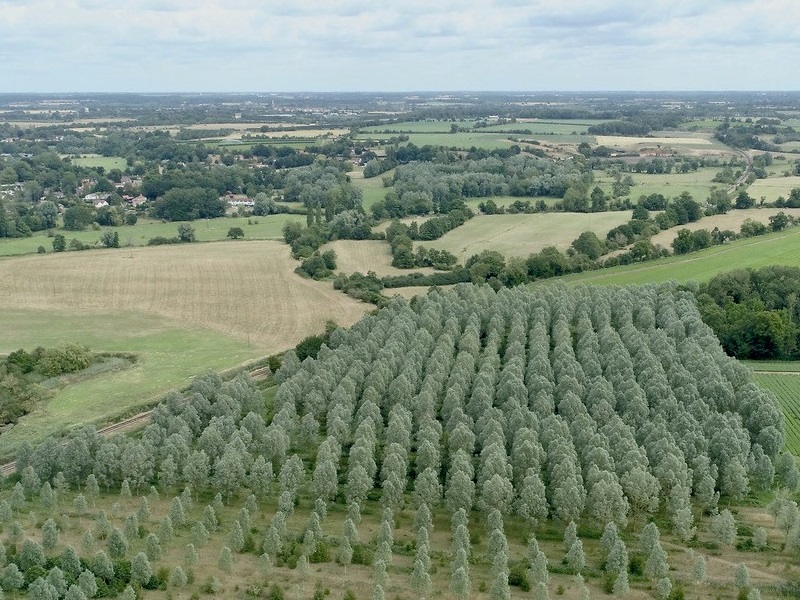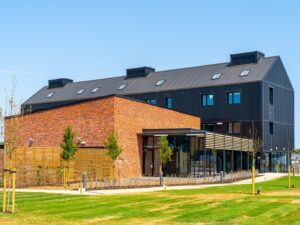Landowners with willow plantations could secure better returns – and reduce their carbon footprint – with new competition in what was previously a relatively closed market.
English Willow – which started in 2017 and has now relaunched as an investor-backed service – has just secured a major contract with Blenheim Estate.
“Until recently, there were a limited number of buyers in the market for English cricket bat willow, and having so little competition is never good for any industry,” explains Jonny Clarke, director at English Willow.
“Having restructured the business, I am more passionate than ever to build on this amazing industry and natural product, offering choice and better opportunities for farmers and landowners across the UK.”
Agreeing a major contract with Blenheim Estate is a great way to start. In 2018, the firm purchased and felled a significant number of trees from the estate – enough to produce around 2,300 cricket bats – and replaced them free of charge.
This year it has supplied a further 100 saplings, with more planting now in the pipeline.
“We manage the full process, including free maintenance to ensure the trees offer the highest possible returns at maturity and for generations to come,” explains Mr Clarke.
“We are in complete control to ensure this is a successful venture for the Estate, providing constant support and expert advice to its already busy forestry team.”
Rachel Furness-Smith, head of estates at Blenheim Estate, says she is excited to be working with English Willow on this new project and helping to support a great local business.
“The Estate has a long association with cricket; the Blenheim Park Cricket Club still play their home fixtures on the South Lawn, so for us to be able to supply the timber to make bats is absolutely brilliant.
“Working with English Willow means we can manage our willow trees in a sustainable and organic way, which is good for the environment, promotes bio-diversity and makes use of traditionally unproductive areas of the estate.”
So what opportunities does cricket bat willow (Salix alba Caerulea) offer to farmers and landowners?
According to Mr Clarke, it’s the perfect product to grow on low-lying, wet, heavy soils which may otherwise be unproductive.
The trees sequester carbon and improve biodiversity, with the timber harvested and sold (potentially income tax free) after 15-20 years, to be processed into cricket bats.
“One problem is that about 70% of the tree is not suitable for bat making, and contractors often leave or burn the waste on-site, which is unpopular with landowners and environmentalists,” says Mr Clarke.
“We are proud to say that we remove and recycle 90% of this waste. We replace every tree harvested with a free sapling, which we then maintain, at no cost to the landowner, throughout its life.
“The whole ethos of our company is to build lasting, trusting relationships with farmers and landowners, supporting their ecological and carbon off-setting goals and turning their plantations into high value, generational investment opportunities.”
For more information please visit www.englishwillow.co.uk or english.willow on Instagram.





